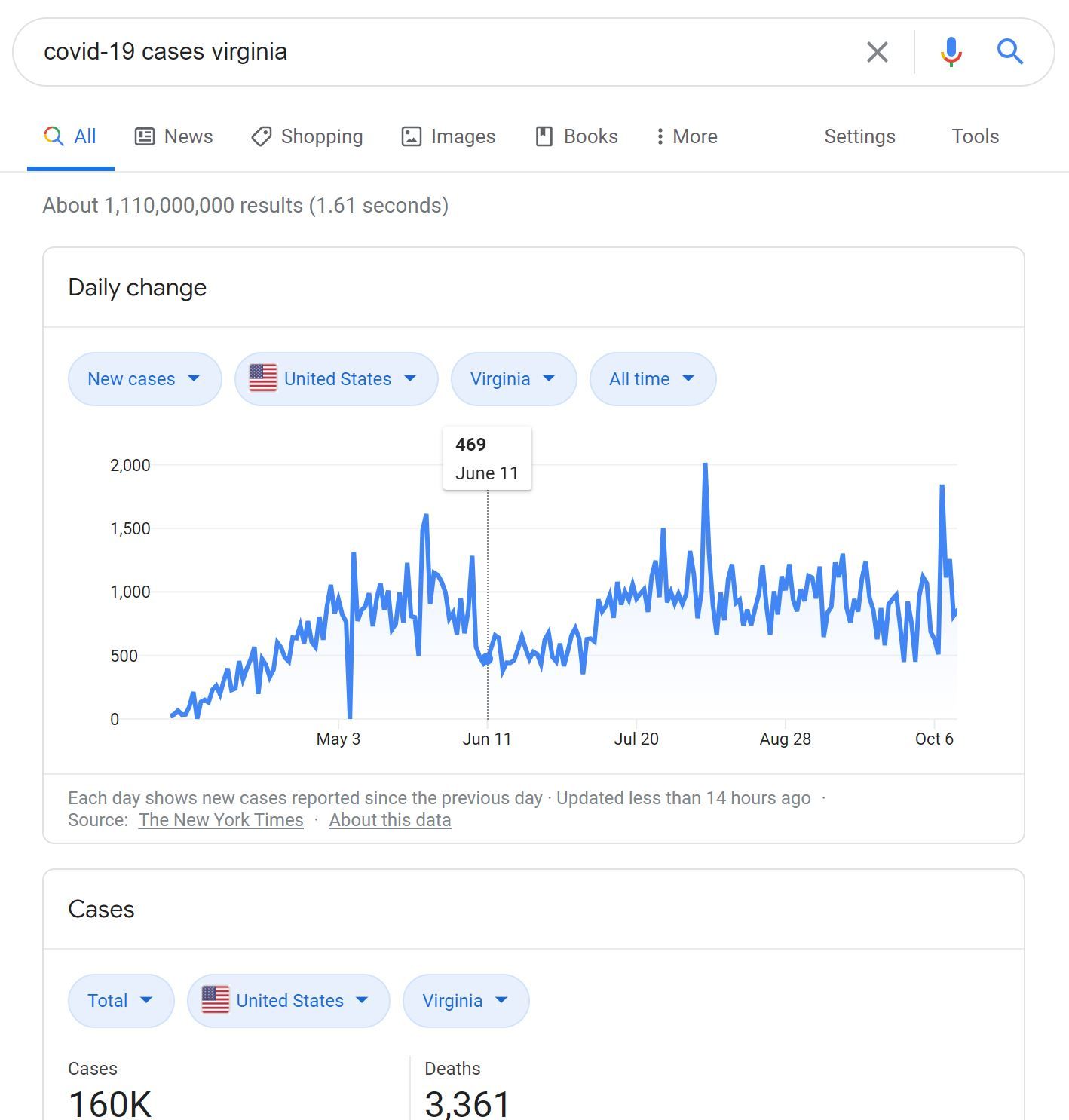Monopoly Search Practices
-
Justice ready to charge Google with monopoly search practices
Insiders expect the Justice Department to charge Google with violating antitrust laws this week, in what would be the biggest such action against a U.S. tech company in two decades. But questions still swirl around how broad and tight Justice's case will be.
Why it matters: The suit against Google will focus on monopolistic behavior, but it's also likely to be the last chance for the Trump Administration to act against the tech giants it blames for anti-conservative bias before an election that could oust it.
Where it stands: The case is expected to focus on allegations of competitive abuses related to search.
The Justice Department and a group of state attorneys general have also been investigating Google's advertising business. One remedy proposal under discussion is to require Google to sell off its Chrome browser, Politico reports.
Between the lines: Proving today's tech giants are monopolists who cause consumer harm is challenging since companies like Google give most of their ad-supported services away for free.The intrigue: In a sprawling report released last week, House Democrats made the case that Google does in fact hold a harmful monopoly in search.
They contended the company uses its existing market dominance, control of the Android operating system and financial and technological might to quash competition, thereby denying consumers the benefits of a healthy search market.
Some Republican lawmakers who worked on the congressional investigation objected to the report, in part because they wanted it to focus on allegations of bias.
It’s still unclear just how the DOJ will make its case, but they may end up making arguments similar to the House report, despite the partisan gulf between Democratic lawmakers and a GOP administration.
Yes, but: There's a lot going on that could derail the DOJ's plans.Reporting last month suggested Attorney General Bill Barr was pushing for the case to be filed before some career lawyers felt it was ready, and there's no indication their reservations have been cleared up.
It's also not yet clear whether the DOJ will have the support of state attorneys general, who have been pursuing their own antitrust investigation into Google's advertising technology.
TheJustice Department briefed state attorneys general on the agency's case late last month, Axios and others reported.Still, the state attorneys could opt against backing DOJ for case-specific reasons. The coalition of states probing Google's advertising technology may also fracture.
What we're hearing: Some experts are concerned that suing a tech giant that's under political attack this close to an election either is politically motivated or will appear that way."It would be curious to bring a case of this nature, against one of the biggest companies in the world, weeks before an election," said Doug Gansler, former Democratic attorney general of Maryland and onetime president of the National Association of Attorneys General.
What's next: If Biden wins, the DOJ under a new attorney general will independently assess the case and its theories and decide whether to continue, amend its suit or drop the case entirely.Be smart: Although Democrats have broadly proven more eager than Republicans to advocate antitrust action against Big Tech, procedural objections or political concerns about carrying forward a Barr-led case could cloud its future under a Biden administration.
If Trump wins another term, his attorney general will get to see the case through.
-
I remember reading an article on (I think) Yahoo, which was one of the original search companies. Early on, they had a human(s) that looked at EVERY new website that came out and it was classified by hand into categories, etc.
On this forum board, what do most people use for searching?
I use Duck Duck Go on both my iPhone and computer.
-
You keep hearing that "Google is not your friend," and usually when you hear that, it's referring to privacy issues. But Google isn't any business owner's friend, either.
Here are two searches I just ran:


What's different about these searches compared to the Google of 5-10 years ago?
Well, the first one is more graphical, and the second more closely resembles questions you might have about the subject matter you searched for, but look at the answers.
You don't need to click off the page to get your answers, do you?
Think about that. And if you think that isn't deliberate you're out of your mind. How companies "win" in Google search rankings today is to publish material that Google can pull from (and take credit for in terms of traffic), to provide answers on their SERP that are so comprehensive that the searcher has no reason to click on the source and visit that company's page. Google actually gives preferential treatment to companies who make this easier for them, and downranks content that you have to click into to find your answers.
It's not just Google, either. Facebook does the exact same thing with their ads. They'd much prefer you create ads that don't give users a reason to leave the Facebook platform; ads that do this less perform better.
Remember "don't be evil"? What a fucking joke that turned out to be.